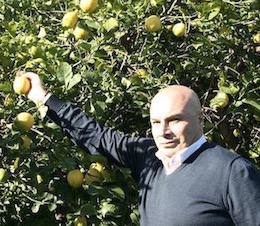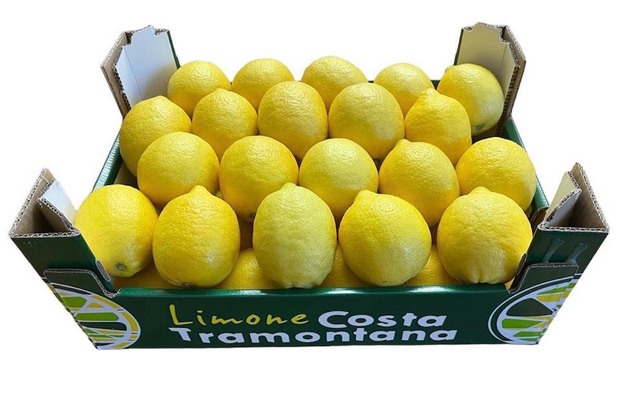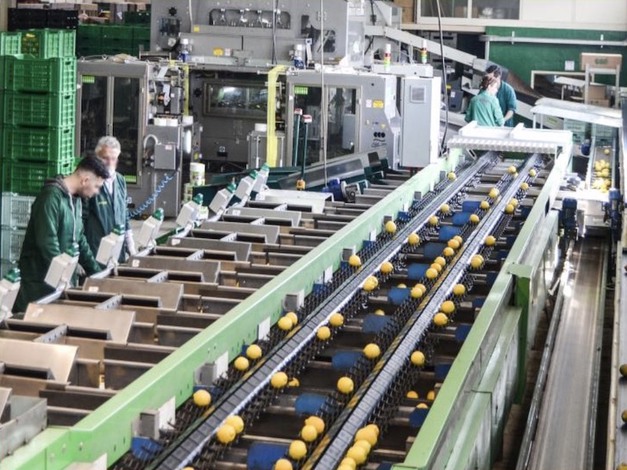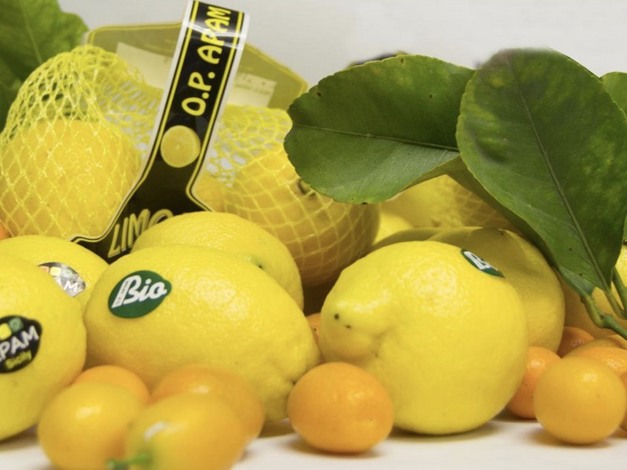The lemon market is experiencing a global downturn, with demand and consumption from major retailers at an all-time low. Not even promotional initiatives at bargain prices are able to relieve the producers. Paradoxically, in such a context, the only outlet currently seems to be the sale of lemons to the processing industry, at a price comparable to that of the harvest itself. Prices do not cover production costs.

The Italian producer organization OP Consortium APAM brings together 257 members and about 1,550 hectares of land, including citrus and horticultural production. Half of the land is dedicated to organic production. The land is located in Sicily in the three provinces of Messina, Syracuse and Catania. The organization is firmly rooted in the area, thanks to the creation of an effective collaboration between the operators in the supply chain, from the cultivation and production of the fruit in the field to the positioning of the products on the markets. In addition to other lemon varieties, the Cooperative also grows and markets the 'Limone IGP di Siracusa varietà femminello' (the 'Femminello' variety of Syracuse PGI lemon). This citrus fruit is renowned for its high health value and is of great interest to retailers. In addition, the consortium produces and grows Navel, Tarocco, Ovale and Valencia varieties of oranges, mandarins, clementines and kumquats. These products are certified by Demeter, Biosuisse and Naturland, demonstrating a growing trend for products produced in a controlled supply chain."
 "The Italian lemon campaign," says OP President of the APAM Consorzio in Torrenova (Sicily) Carmelo Micale (pictured above), "has been affected by a series of events which in recent months have led to a drop in the price of our 'Limone Costa Tramontana'. With regard to the domestic market, apart from reduced household consumption, the reason lies in the arrival of lemons from Spain at much lower prices. Specifically, Spanish producers have lost some of their traditional markets due to the war and are diverting lemons to Europe, particularly Italy, France and Germany. Nevertheless, we have continued to carry out brand promotion activities in order to promote these precious citrus fruits on a large scale in the Italian and foreign markets."
"The Italian lemon campaign," says OP President of the APAM Consorzio in Torrenova (Sicily) Carmelo Micale (pictured above), "has been affected by a series of events which in recent months have led to a drop in the price of our 'Limone Costa Tramontana'. With regard to the domestic market, apart from reduced household consumption, the reason lies in the arrival of lemons from Spain at much lower prices. Specifically, Spanish producers have lost some of their traditional markets due to the war and are diverting lemons to Europe, particularly Italy, France and Germany. Nevertheless, we have continued to carry out brand promotion activities in order to promote these precious citrus fruits on a large scale in the Italian and foreign markets."

The 'Limone Costa Tramontana' refers to varieties of the 'Femminello' cultivar produced in the sub-mountainous area of the Ionian coast of Messina in Sicily (Italy), between the Gulf of Milazzo and the Fiumara di Tusa. Uniformly exposed to the north and to the cool breezes of the Tramontana winds, the area is characterized by a unique combination of environment-land-water that gives the lemons a markedly early ripening and excellent organoleptic properties that have been appreciated throughout Europe for centuries."
"The 'Costa Tramontana Lemon' is an early and highly prized citrus fruit, to the extent that we have set up a Promotion Committee made up of local citrus fruit operators, with the aim of having this product recognized as a Protected Geographical Indication (PGI)," explains the manager.

"Unlike lemons, the orange campaign is going well so far, with satisfactory prices depending on the variety. The price gap between organic and conventional is narrowing, with producer prices around 0.45/0.50 eurocents/kg. In a few days we will start marketing the late varieties Valencia and Ovale, which are historically known to be easily positioned on the market, at least until July. In the future, we plan to extend the marketing calendar with late varieties so that we can supply until July/August. It will take approximately three years to bring the Navel Powell plants into production. We have replanted the land with innovative varieties that are more resistant to climate change."
For more information:
P.zza Stazione Zappulla
98070 Torrenova (ME)
Tel.: +39 (0)941 958036
Tel. :+39 (0)941 958070
E-mail: [email protected]
www.consorzioapam.it









